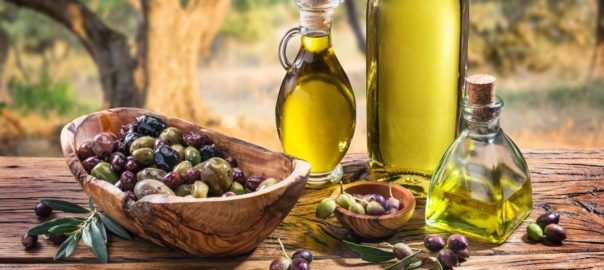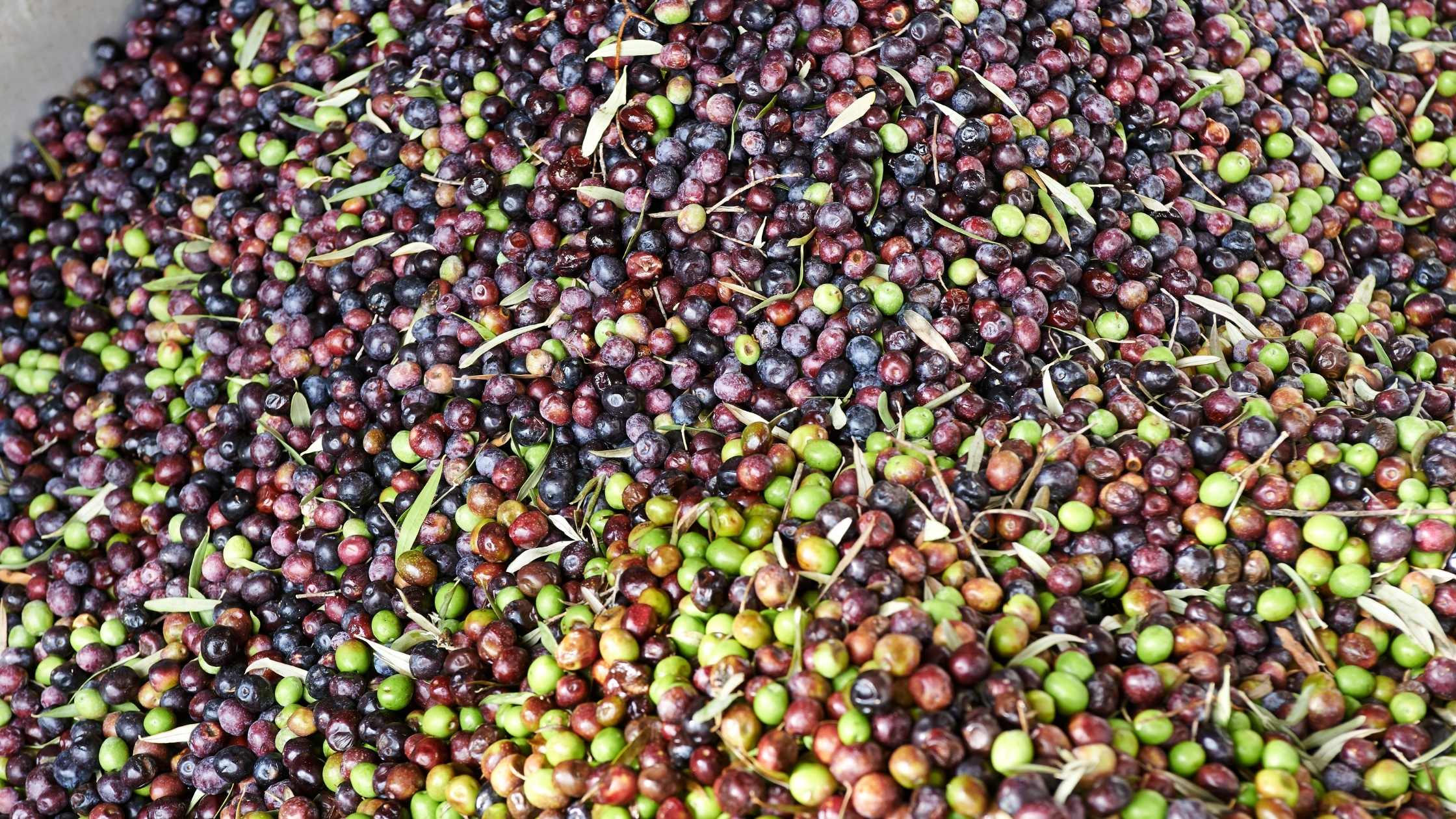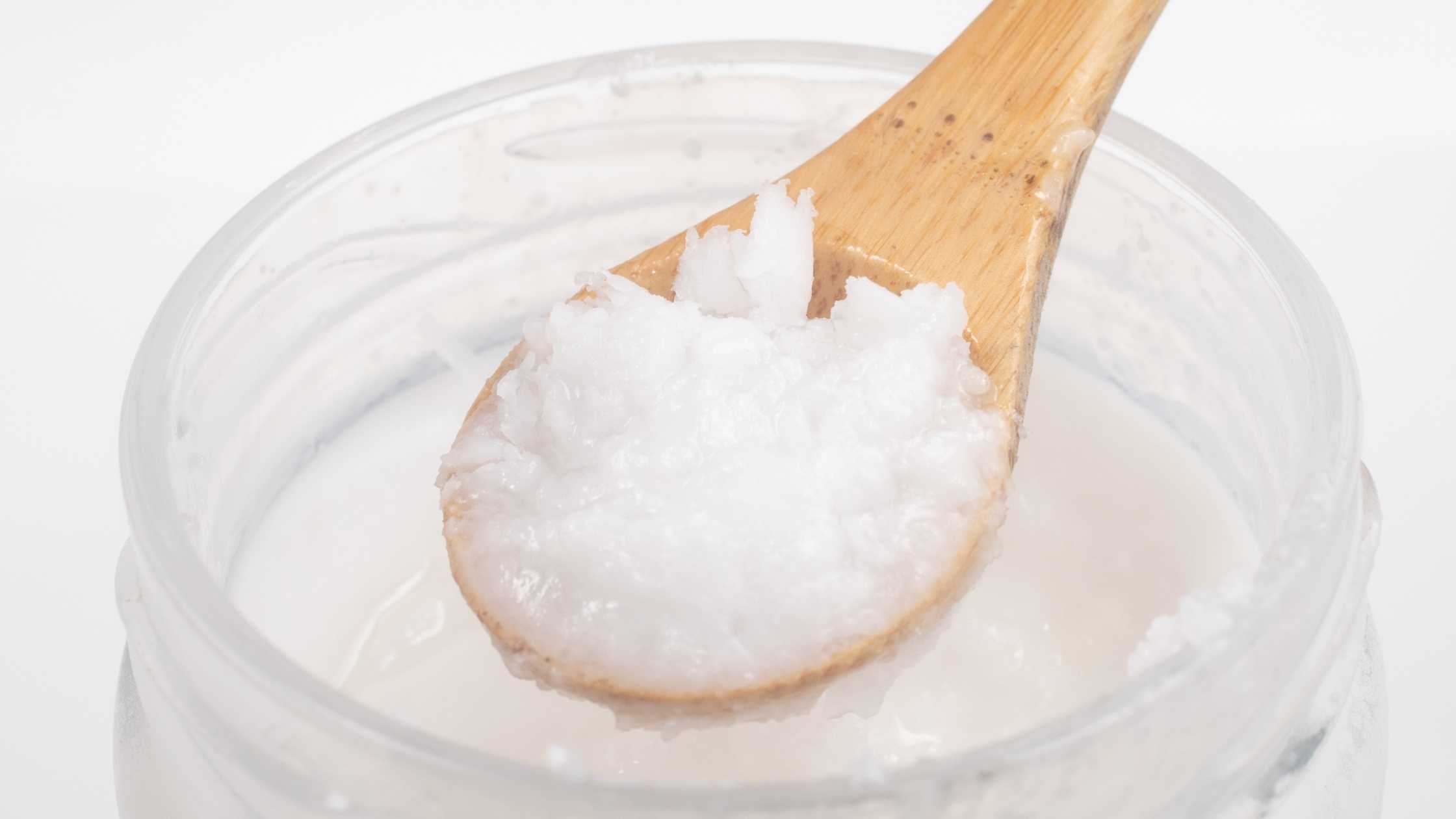Olive oil has been studied for many decades, and we have come to understand its many health benefits. Let’s check out a few of these benefits.
Benefits
Anti-inflammatory Properties – Olive oil contains phenolic compounds which help your body fight inflammation. Virgin olive oil has been credited with being one of the healthy attributes of the Mediterranean diet because of these anti-inflammatory components. Chronic inflammation is thought to be a leading driver of many diseases.
Cardiovascular Health – The above-mentioned inflammation can affect your heart health. Extra-virgin olive oil has many benefits for your heart. It can lower your blood pressure, protect “bad” LDL cholesterol particles from oxidation, and can improve the function of your blood vessels.
Stroke Prevention – There have been many large studies that have shown that people who regularly consume olive oil have a lower risk of stroke.
Type 2 Diabetes – In both observational and clinical trials, it has been suggested that olive oil, combined with the Mediterranean Diet, can reduce the risk of type 2 diabetes.
Cancer – In recent research, olive oil has been shown that it may be helpful in preventing certain cancers such as breast and digestive tract cancers.
Rheumatoid Arthritis – Olive oil has been shown to reduce joint pain and swelling caused by this type of arthritis.
Gut microbiota have been shown to be positively impacted by the antioxidant activity which in turn helps in the prevention of the above conditions through the consumption of olive oil.
With all these awesome health benefits you can see why there is such a large market for olive oil! Unfortunately, there are challenges with the quality and quantity of available olive oil.
Olive Oil Issues
A class-action suit was previously filed regarding the purity of olive oil; you can read about it here. I wrote briefly about this issue in my book The Pantry Principle.
It turns out that worldwide more olive oil is sold than is grown (we'll get back to that in just a moment). How does this happen you ask? Sadly, it's because producers or bottlers dilute or adulterate the olive oil with other oils. That's food fraud.
In the name of science, there was a study done by the University of California, Davis investigating how many brands failed to pass mass spectrometry tests for being pure olive oil. There were quite a number of popular brands whose products failed the test. These included: Filippo Berio, Bertolli, Colavita, and Pompein among others. While the testing only looked at oils sold in California, it is reasonable to assume that national and international brands were equally affected.
Another issue that can come up with regard to olive oil is that many of those marked extra-virgin (which means the very first pressing) may not be. Selling an oil as higher quality, or possibly even selling organic, when it's not is also a form of food fraud.
Making Un-Olive Olive Oil
Unfortunately, there's no other explanation for this type of deception than cost. Olive oil is expensive. Diluting it with cheap, highly refined oils generates more profit. Similarly, the use of poor-quality olives (either over-ripe or damaged in some way) and mislabeling it as a higher quality is also simply for profit. There would be no other reason to lie on the label.
This highlights the fact that when it comes to olive oil it's very important to know your source. While the label appears to be your only indicator, as we see here, it can be misleading or completely wrong. It will be interesting to see how this situation plays out in the courts.
Know Your Fats
Although you need to investigate which olive oils you are using, there are other fats that are also a healthy choice. Here are the ones that I recommend:
-
Olive oil – Kirkland brand organic, extra virgin, cold-pressed – they were one of only 5 determined to be pure by the UC, Davis study. There are other specialty olive oils that I like as a treat, but for everyday use, this is the one I use.
-
Coconut oil – Nutiva brand organic cold-pressed – I am a big fan of Nutiva organic. It's important to know that while coconut oil is a saturated fat it is a healthy saturated fat. As a saturated fat, it will be solid in cold temperatures and liquid in warm ones. This is normal and perfectly fine. There is no need to throw it out because “it melted.”
-
Ghee – While you can buy it, I usually make my own. If you're going to do this, you'll need to buy butter that is either organic or from free-range cows. It's important to make sure that the milk is from cows not treated with artificial hormones, antibiotics, fed pesticides or GMOs, and grass-fed is best.
-
Tallow, suet, and lard – Contrary to popular belief, these animal fats are healthy options and can be a good choice for the diet. Sourcing is very important. You'll want to make sure the animals are raised without hormones, antibiotics, or genetically modified, pesticide-laden feed.
I recently interviewed Tony Kasandrinos who is founder and CEO of Kasandrinos. They produce an incredible olive oil from Greece. What makes it so special? Tony shared the family’s dedication to quality and organic sustainable practices which produces a better-quality olive oil.
Their olive oil has a high polyphenol content which is what gives olive oil its marvelous health benefits. He also shared how most olive oils on your supermarket shelves are 2 to 3 years old.
What can degrade an olive oil beside time? Light and air. Tony shared that if you are purchasing olive oil from a supermarket make sure it is in a tinted glass bottle and grab from the back of the shelf as those bottles will have been exposed to less light.
[expand title="Sources"]
Nocella, C.; Cammisotto, V.; Fianchini, L.; D'Amico, A.; Novo, M.; Castellani, V.; Stefanini, L.; Violi, F.; and Carnevale, R. Endocrine, Metabolic & Immune Disorders-Drug Targets (Formerly Current Drug Targets - Immune, Endocrine & Metabolic Disorders), Volume 18, Number 1, 2018, pp. 4-13(10). Bentham Science Publishers. Retrieved from https://doi.org/10.2174/1871530317666171114121533.
Martínez-González MA, Dominguez LJ, Delgado-Rodríguez M. Olive oil consumption and risk of CHD and/or stroke: a meta-analysis of case-control, cohort and intervention studies. Br J Nutr. 2014 Jul 28;112(2):248-59. doi: 10.1017/S0007114514000713. Epub 2014 Apr 28. PMID: 24775425. Retrieved from https://pubmed.ncbi.nlm.nih.gov/24775425/
Buckland, G., & Gonzalez, C. (2015). The role of olive oil in disease prevention: A focus on the recent epidemiological evidence from cohort studies and dietary intervention trials. British Journal of Nutrition, 113(S2), S94-S101. doi:10.1017/S0007114514003936. Retrived from https://www.cambridge.org/core/journals/british-journal-of-nutrition/article/role-of-olive-oil-in-disease-prevention-a-focus-on-the-recent-epidemiological-evidence-from-cohort-studies-and-dietary-intervention-trials/067113B01A4A7254066C542D640BC1AE
Gavahain, M., Khaneghah, A., Lorenzo, J., Munekata, P., Garcia-Mantran, I., Collado, M., Melendez-Martinez, Al, and Barba, F., Health benefits of olive oil and its components: impact on gut microbiota antioxidant activities, and prevention of noncommunicable diseases. Trends in Food Science & Technology. Vol. 88, June 2019, Pages 220-227. Retrieved from https://www.sciencedirect.com/science/article/abs/pii/S0924224419300779
[/expand]





